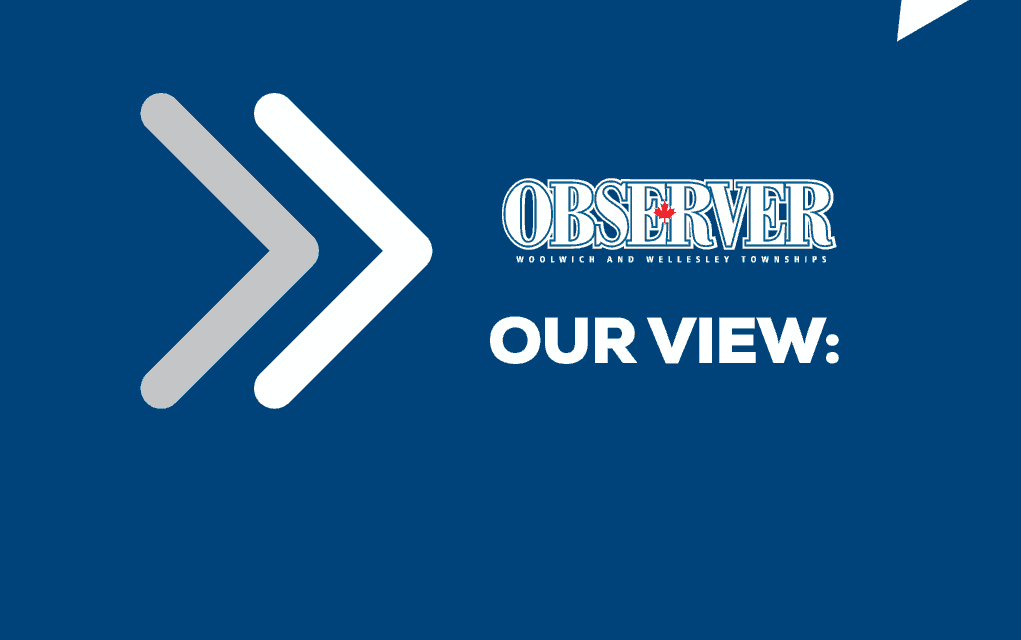;
;
;

SNC-Lavalin’s guilty plea to fraud charges both vindicates the stance of former justice minister Jody Wilson-Raybould and brings to something of a close the issue that smeared Prime Minister Justin Trudeau. None of the issues at play can be put to rest, however. The political saga was instructive, t
Last updated on May 03, 23
Posted on Dec 26, 19
3 min read
